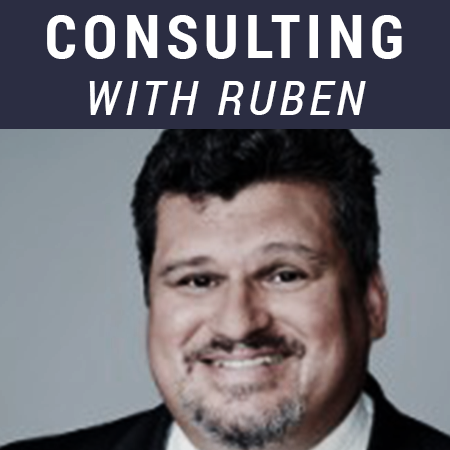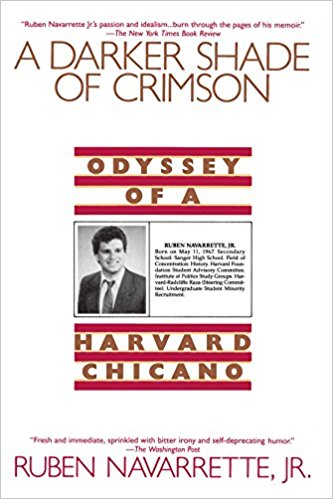SAN DIEGO — Dreamers may have done the immigration debate a big favor by killing the ‘a-word.’
As they try to shoot down plans to legalize the undocumented, immigration restrictionists in both parties love using a certain term. For many of these folks, anything that allows illegal immigrants to lawfully remain in the United States — by giving them permanent legal status, with or without a path to citizenship — amounts to amnesty. Pure and simple.
So when President Trump recently unveiled a plan that would legalize 1.8 million undocumented young people known as Dreamers, it should have come as no surprise that right-wing media site Breitbart reflexively labeled the commander in chief ‘Amnesty Don.’
On the left, writer Mickey Kaus tweeted disapprovingly that Trump was offering ‘a big, immediate amnesty’ for the Dreamers in exchange for promised changes to legal immigration that might not materialize for many years.
On the right, conservative writer Ann Coulter wrote that the headline about Trump’s immigration plan could have read: ‘TRUMP ANNOUNCES SAME FAILED AMNESTY DEAL WE HAD 30 YEARS AGO.’
Coulter was referring to the 1986 Immigration Reform and Control Act, which was signed into law by President Reagan and which ultimately gave permanent legal status and a path to citizenship to nearly 3 million people.
It still sticks in the craw of many conservatives that Reagan gave away so much to the pro-amnesty crowd — and appeared to get so little in return.
Today, a new generation of conservatives worries that Trump is likewise being taken to the cleaners — and offering a full-fledged amnesty.
But before we get too far ahead of ourselves, it’s worth asking: What does the ‘a-word’ really mean, anyway? According to Merriam-Webster, amnesty is ‘the act of an authority (such as a government) by which pardon is granted to a large group of individuals.’ Collins Dictionary of Law defines it as ‘an act of a sovereign power waiving liability for a past offense.’ And Black’s Law Dictionary defines amnesty as ‘a sovereign act of pardon and oblivion for past acts, granted by a government to all persons (or to certain persons) who have been guilty of crime or delict, generally political offenses.’
Do you know to whom much of this doesn’t apply? Dreamers…





